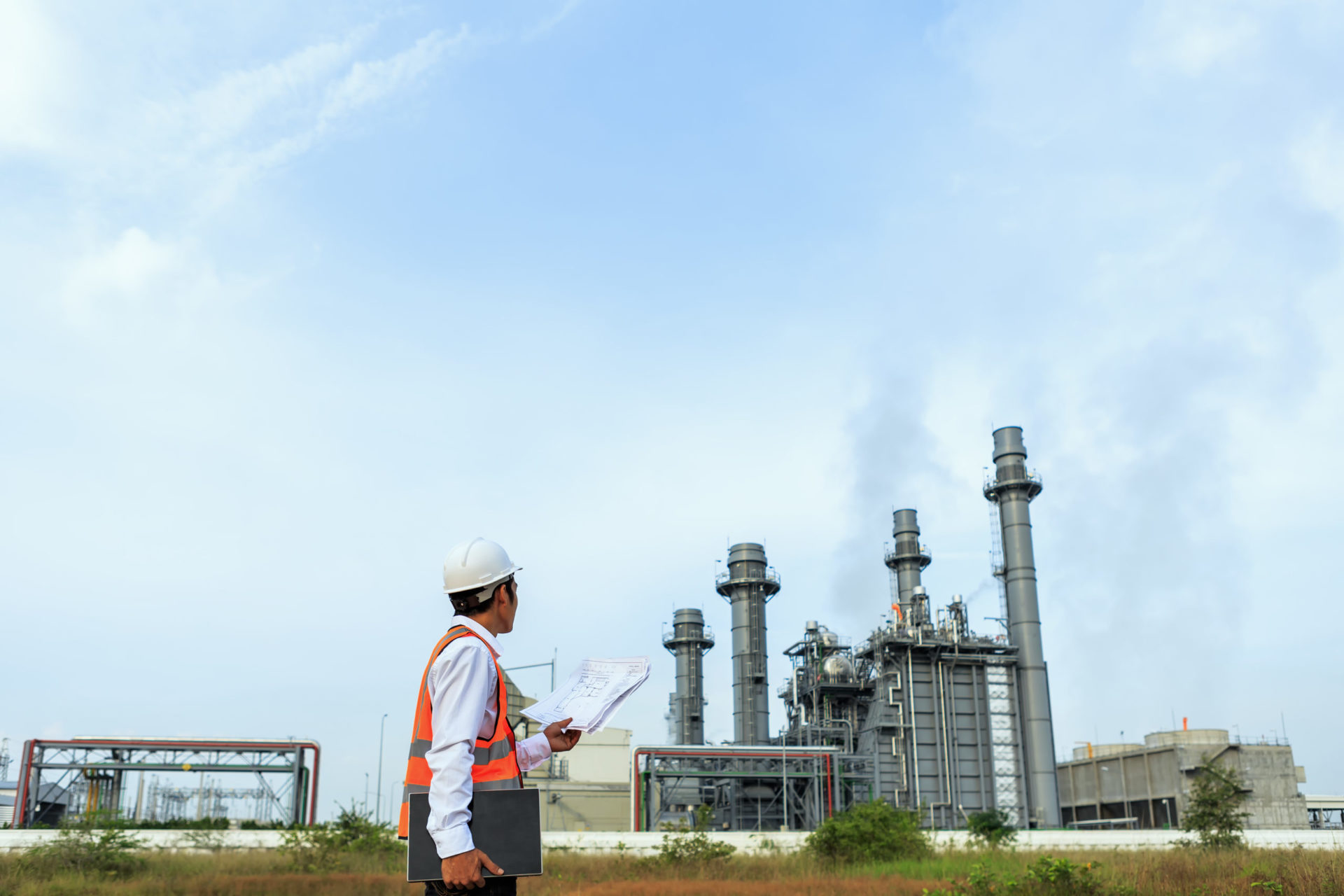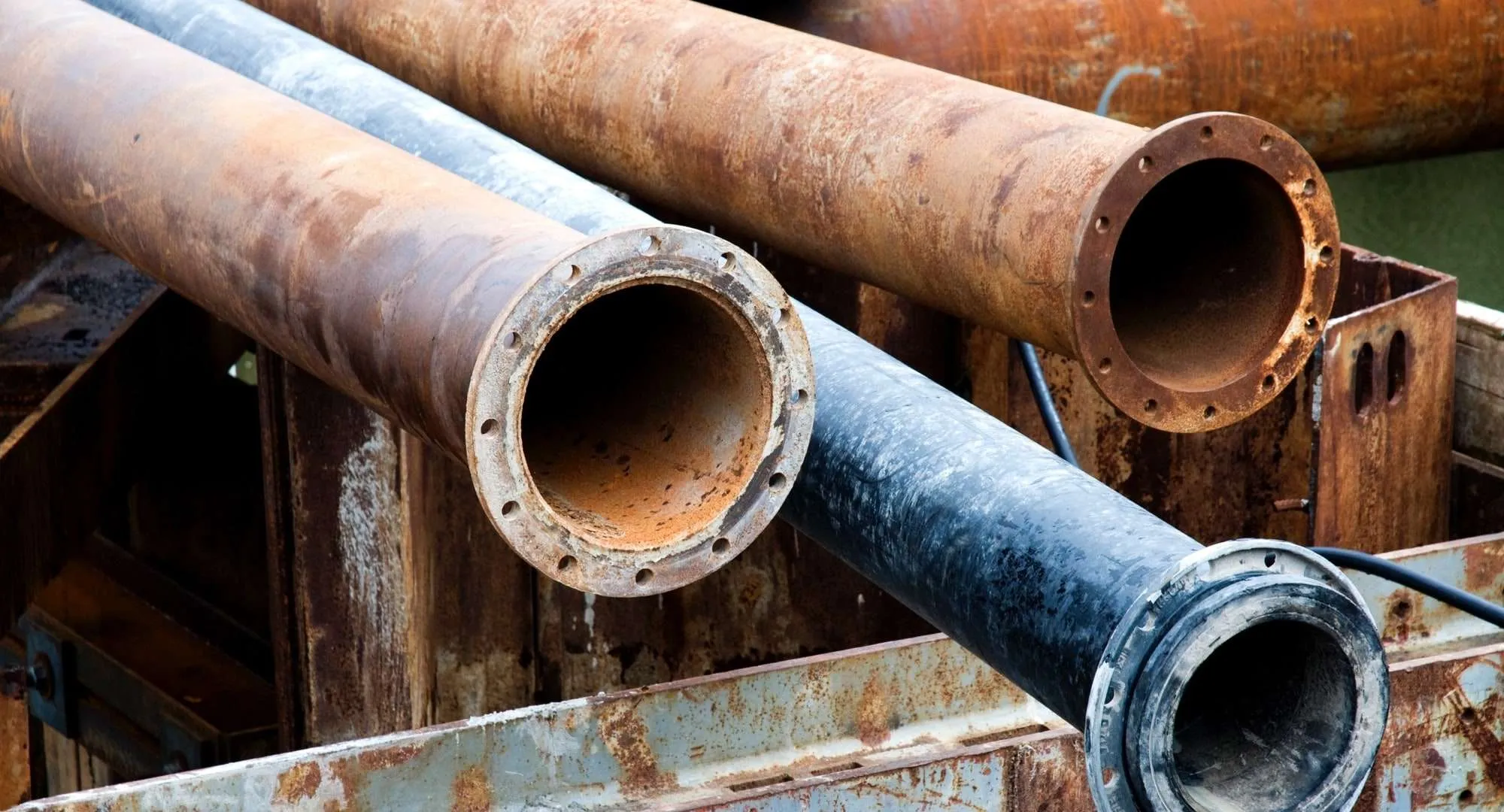LANSING, MI – In a major move towards economic growth and cleaner energy, the federal energy department will award Michigan $1 billion to develop a new regional clean hydrogen hub. The project, spearheaded by the Midwest Alliance for Clean Hydrogen (MachH2), is a huge step forward in modernizing Michigan’s manufacturing and heavy-duty transportation industries, and creating more than 13,000 well-paying jobs for Michiganders.
The Midwest Hydrogen Hub will create a market for clean hydrogen production and use throughout the Midwest, helping industries that have long struggled to find a practical replacement for fossil fuels. Long-haul truckers looking to electrify, can use clean hydrogen fuel cells that quickly recharge and offer a travel range comparable to diesel without the high costs and emissions. For heavy manufacturing sectors like steel, glass ammonia and oil refining – hydrogen fuel is the most straightforward way to cut emissions quickly and cheaply.
“Manufacturing is a fundamental part of the Midwest region’s identity and economic prosperity. Today’s announcement will allow us to stay true to this heritage while advancing innovation to remain globally competitive in the ongoing transition to clean energy,” said Governor Whitmer. “With this landmark achievement,…we are not only securing a more sustainable future for our region and state, but we are also unlocking new opportunities for job creation and economic growth.”
Once up and running, the Michigan-based hydrogen production chain will serve as the Midwest hub of a national clean-hydrogen network, supporting communities in Indiana, Illinois, Michigan, Wisconsin, Kentucky, and Missouri. Of the 13,000 new jobs, over 12,000 will be construction and up to 1,500 well-paying permanent jobs will be created as the industry grows. Clean hydrogen is also supported by national security experts concerned about our national energy security.
Development of the Midwest Hydrogen Hub projects will be overseen by MachH2 – a coalition of more than 70 partners from government, academic, non-profits and industry leaders including Holtec International, ExxonMobil, the Port of Detroit and the University of Michigan.
Here are some examples of the projects throughout the state:
- Ypsilanti: Construction of a hydrogen production plant at the American Center for Mobility.
- Flint: Flint Mass Transportation Authority will be able to expand its hydrogen production and refueling center at the helping the city’s current transition to hydrogen-powered buses.
- Near Detroit: Building a hydrogen “truck stop of the future” near I-96, to cater to the international heavy-duty traffic at the Gordie Howe International Bridge.
The funding from the U.S. Department of Energy, part of Biden’s Bipartisan Infrastructure Law (signed into law in 2022), is an investment in America’s clean energy future. Funding for creating clean hydrogen hubs across the US will total $8 billion nationally.
How it works:
Produced by splitting water molecules with electricity, hydrogen is considered carbon-free when the electricity is derived from non-fossil fuel sources. This positions hydrogen as a critical player in reducing greenhouse gas emissions, which are a major contributor to the accelerating climate crisis. In 2021, transportation-related emissions accounted for 29% of all U.S. carbon emissions, according to the Environmental Protection Agency.
Why it matters:
The potential environmental impact of switching to hydrogen fuel is significant. Experts suggest that replacing diesel in the trucking sector could cut carbon-dioxide emissions by as much as 1,300 kilotons per year by 2035 – equivalent to removing 280,000 gasoline-powered passenger vehicles from the roads.
Whitmer said the hydrogen hub project not only aligns with Michigan’s identity as a manufacturing powerhouse but also propels it into a new era of clean energy leadership. It’s a unique convergence of environmental stewardship and economic development, providing a blueprint for other regions to follow in the pursuit of a sustainable and prosperous future.





